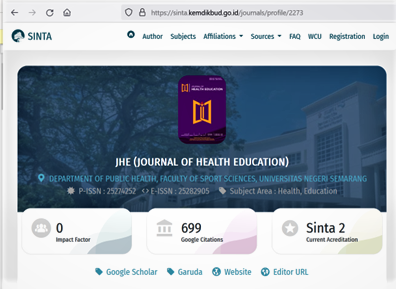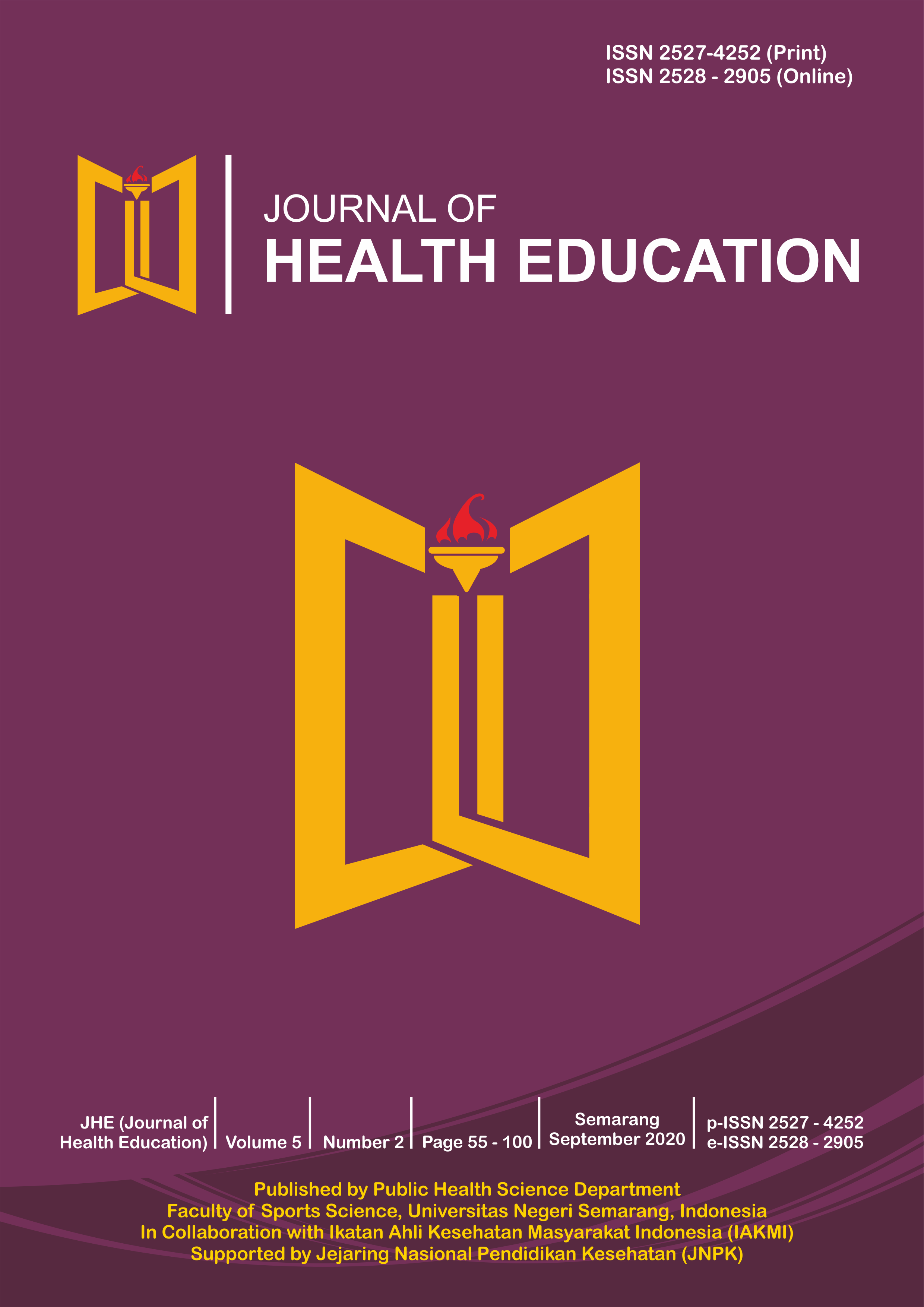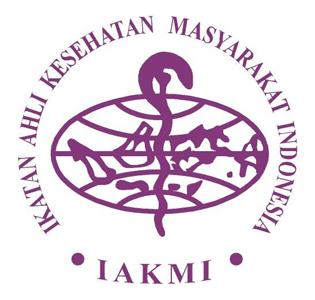Analysis of Temperature, Total Dissolved Solid (TDS), and Salinity of Dug Well Water in the North Coast Region (Case Study in Pacar Village, Rembang District, Rembang Regency)
Abstract
Background: Residents of the Pacar Village, Rembang Subdistrict community generally have dug wells, these wells are used for daily needs such as washing, bathing, cooking and others. In addition, the disposal of domestic household waste is generally through sewers which lead directly to the sea. That is because the condition of the house is a few meters from the sea. Dug wells that are close to sea water, the routine habits of poor domestic waste disposal, have the potential to contaminate dug well water. If this happens then the water condition is not suitable for consumption. Therefore we need a study to find out the quality of ground water (dug wells) in the area.
Methods: This type of quantitative research uses random random sampling with research samples of 30 dug wells, data analysis is performed using Spearman's correlation test.
Results: There is a correlation between the distance of dug wells to the shoreline against TDS (p< 0,000, r = + 0,717), salinity of dug well water (p<0,000, r = + 0,711) and there is no correlation between distance and temperature (P=0,475, r = -0,137).
Conclusions: There is an influence between the distance of dug wells on the value of Total Dissolved Solids (TDS), Salinity and there is no influence between the distance to the temperature. Dug well water in Pacar Village, Rembang District, Rembang Regency.






